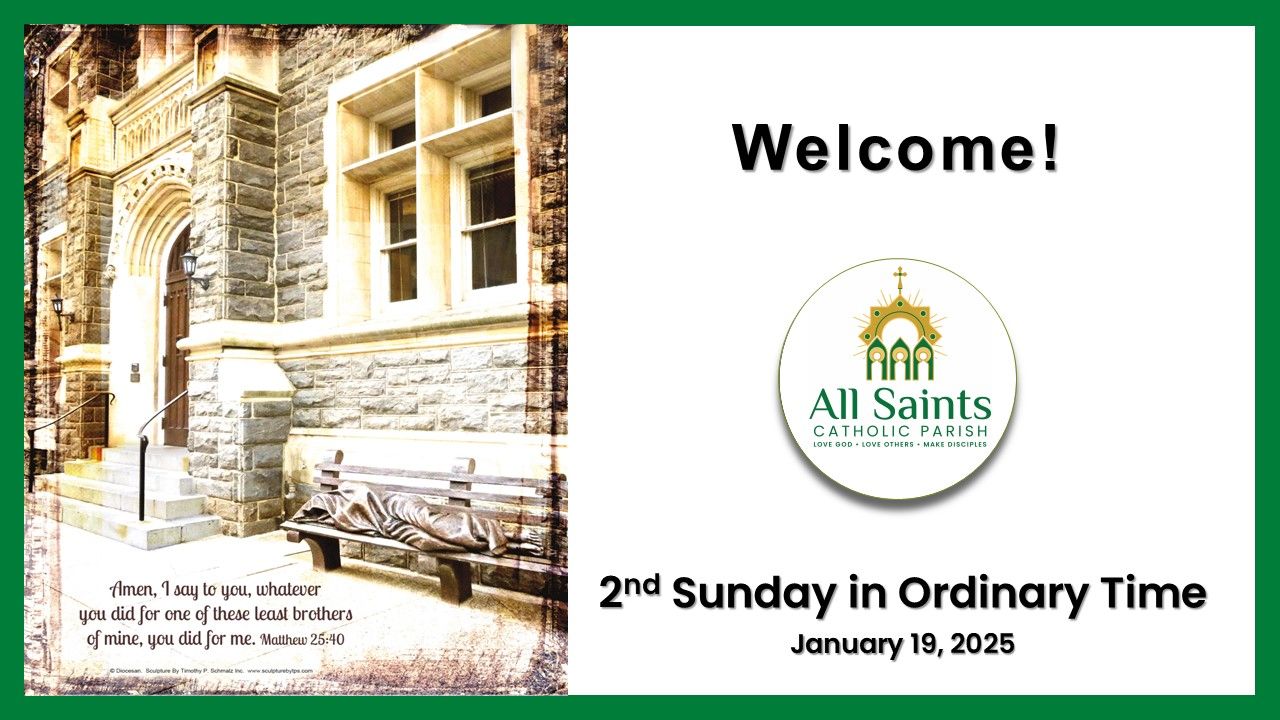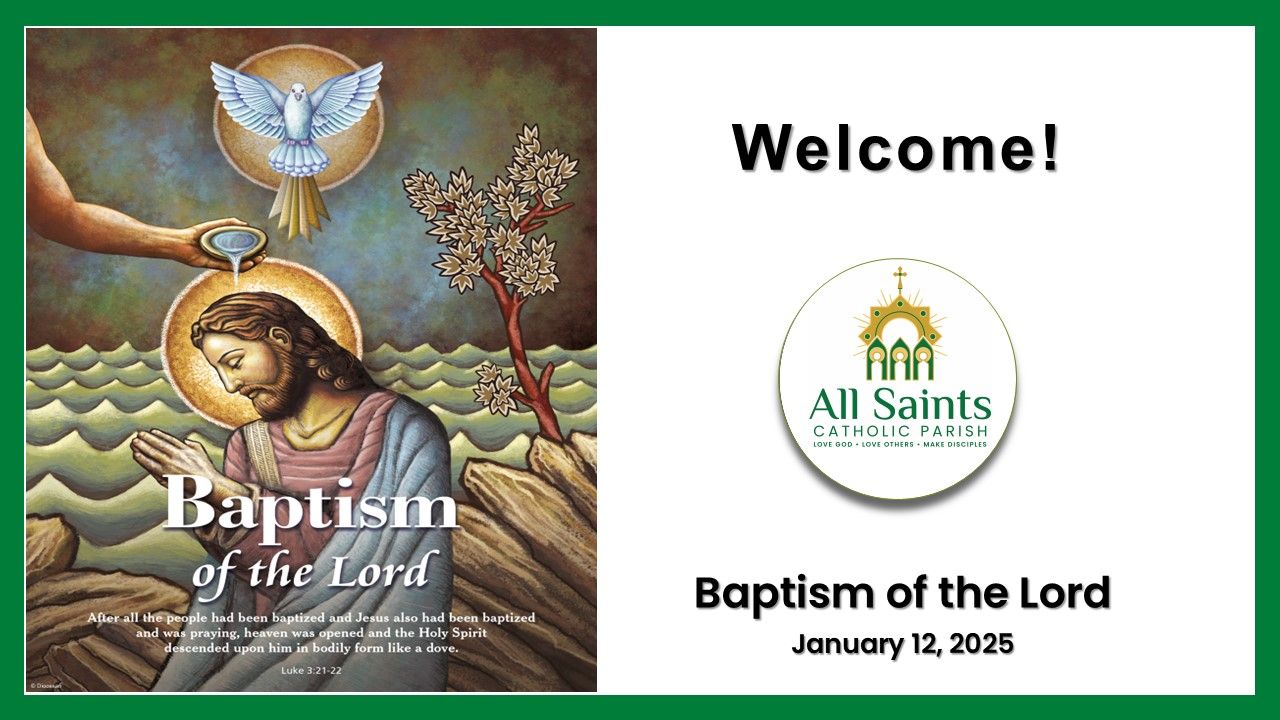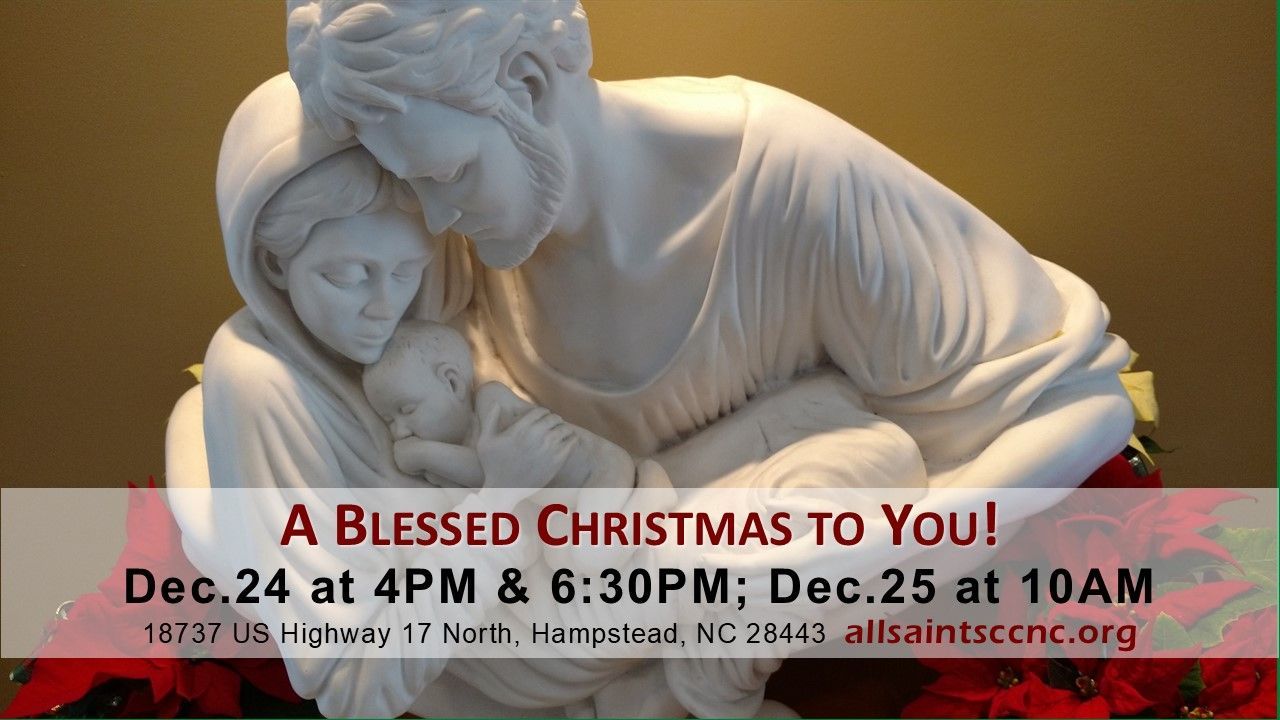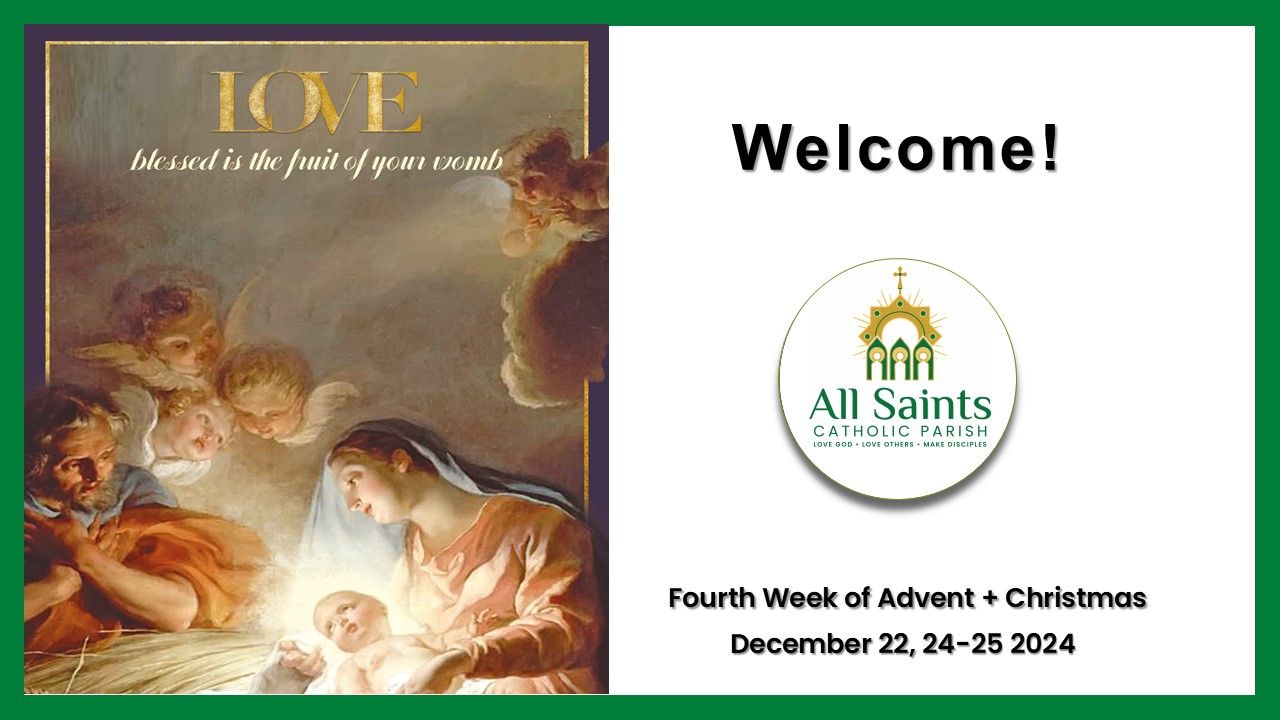Homily, 5th Sunday of Easter
April 28, 2024 -- Fifth Week of Easter, homily by Msgr. Joseph K. Ntuwa
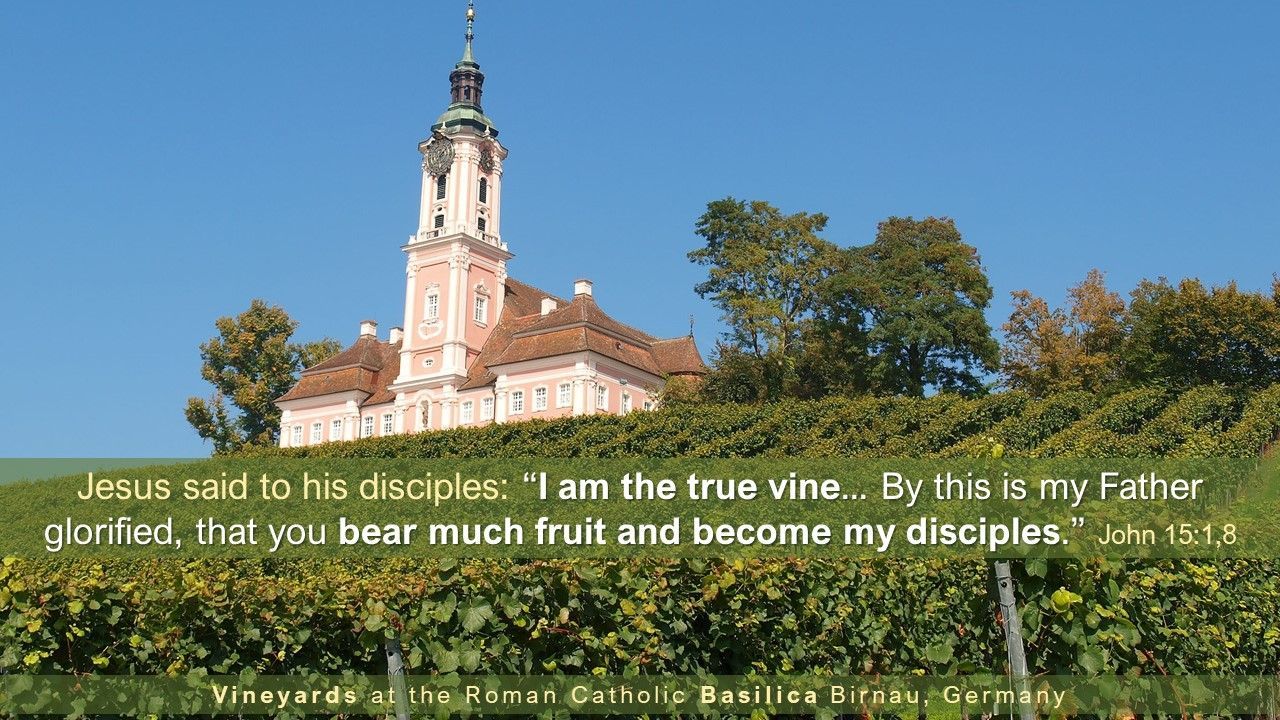
Readings: Acts 9:26-31; 1 Jn 3:18-24; John 15:1-8
The image of the vine was a rich one for the Jews since the land of Israel was covered with numerous vineyards. It had religious connotations to it as well. For instance, Isaiah spoke of the house of Israel as "the vineyard of the Lord"(Isaiah 5:7). Jeremiah said that God had planted Israel "as his choice vine" (Jeremiah 2:21). While the vine became a symbol of Israel as a nation, it also was used in the scriptures as a sign of degeneration. Isaiah's prophecy spoke of Israel as a vineyard which "yielded wild grapes" (Isaiah 5:1-7). When Jesus calls himself the true vine, he makes it clear that no one can claim their spiritual inheritance through just association with a particular people. Rather, it is only through Jesus Christ that one can become grafted into the true "vineyard of the Lord".
As we know, Jesus wrote no books. He left no buildings or monuments behind. However, he did something greater- he built a community. This was his monument. “I am the vine; you are the branches” - this was the image he used to describe the community he had founded. It is a simple but profound illustration of unity, closeness, and interdependence. The image of the vine is a wonderful one. A vine does not grow straight up like a tree or most other plants. Its flexible stem hunts for any hold, spiraling around posts, climbing up fences, wrapping around other plants. And in doing so, it connects everything in its surroundings.
I hope some of you remember the “dinosaur age” of television, those days of very small screens, black and white TVs with just a few channels to choose from, and if you missed a show, you likely missed it forever (except for a one-time repeat of some shows during the summer months). But what many of us remember the most was the constant fussing with the antenna. Every time a channel was changed (by hand, of course) one had to reposition the antenna --- in order to pick up the proper frequency for the channel selected. The minute the person moved away from the TV the signal was lost, and the whole process had to be started over. It took a certain amount of effort to stay connected to the proper frequency. TV watching was not a completely passive endeavor. Being connected to the signal wasn’t automatic.
We do not live in that era anymore. Yet, we still face the “connection” problem, we still have to decide what and whom we want to be connected to --- and then have to figure out the best way to establish that connection. Today, we have all sorts of social media platforms and countless numbers of streaming services.
Today’s Gospel passage is all about a connection --- a sacred connection between us and Jesus. Jesus' metaphor illustrates his desire to be the source of life and growth for those who remain in him. Something easily overlooked is that by saying his father is the vinedresser, Jesus is describing God as a humble worker — not the master of an estate — and he portrays the Father as working continually, caring for the vine and its fruit.
The challenge of this gospel, today and 2000 years ago, is how do we, as people maintain our healthy connection to the vine – to Christ? How does our faith survive in this harsh world and empower us to deal with the challenges we face? How can we bear fruit when so many obstacles exist to sustaining hope or growing in charity?
As Catholics, we have all sorts of ways to maintain this sacred relationship with Jesus. We initially established that connection through baptism, the day we became bonded not only to Jesus, but also to the Church. But this relationship requires something from us---our attention, our effort, our humility. It requires that we do whatever it takes to get that clear signal --- the voice of God calling us to be authentic disciples. As John tells us in the second reading –let’s love not in words or speech but in deed and truth.
Let’s not simply wait around idly for God. Rather, let’s seek out the Vine and use everything at our disposal to graft ourselves securely to him. If we do our part, if we work on the only relationship that ultimately matters, we can be sure that the fruit we produce will feed, enrich, beautify, and transform the world. Let’s continually fuss with the antenna, trusting that the picture can always be a little clearer, the relationship a little stronger.
Question of the week- How will you bear fruit this week- at home, at work or school and in the community?







